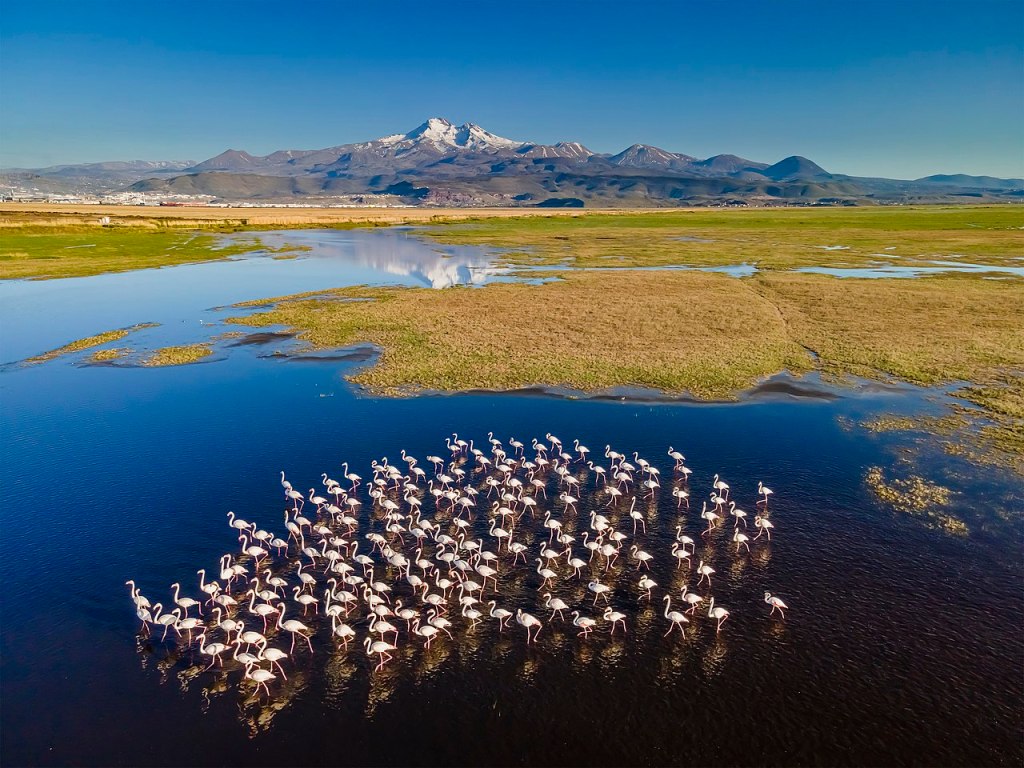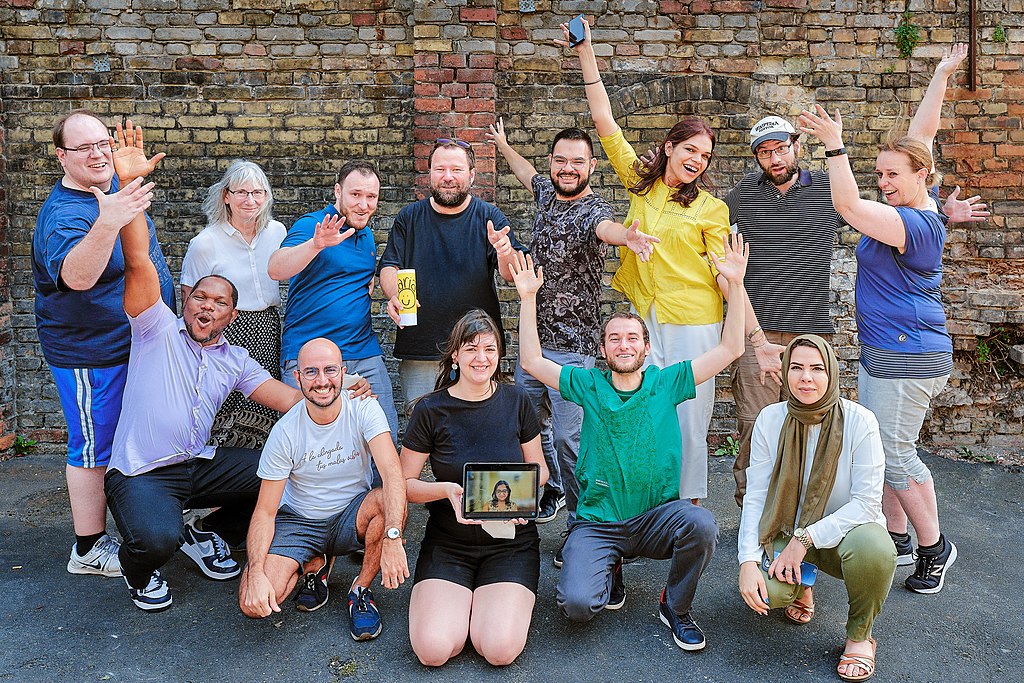
In the coming months, new sections of the Wikimedia Movement Charter – such as the Global Council, hubs, roles & responsibilities and decision making – will be shared with Wikimedians for feedback and review. Once completed, the Movement Charter will undergo a ratification process in 2024, where the Wikimedia movement will have the opportunity to decide whether to accept or decline the Charter as a whole. To start thinking about how to organize the ratification process, the Movement Charter Drafting Committee (MCDC) proposed one methodology and invited everyone interested to share their input. You can find the responses on the Meta Talk page.
In their proposal, the MCDC identified four groups that must have voting rights: individuals, Wikimedia projects, Wikimedia affiliates, and the Wikimedia Foundation Board of Trustees. For further details, please watch a recording by a member of the MCDC.
Below is the summary of the responses collected during the community conversations, on Meta and MS Forum.
Chapters and Thematic Organizations
The Voting Group for affiliates is based on the “one affiliate – one vote” principle. Regardless of the number of voting members of a given affiliate, each affiliate has a single vote representing their entity. The proposal from the MCDC suggests that if an individual is a member of an affiliate they are encouraged to consult with their affiliate on how their collective vote is being cast.
It was proposed that a Chapter’s entire membership (as of 3 months prior to the vote) cast a vote. However, each respective Chapter should decide how to vote based on their own governance structure and legislative restrictions. Questions were raised regarding situations where individuals are members of multiple affiliates as it creates overlap in membership. In addition, this approach was perceived by some to risk “gaming” the affiliates system. The MCDC plans to review these issues and address them in their second ratification methodology proposal.
User Groups
Similar to the Chapters and Thematic organizations, Wikimedia User Groups (UGs) would also have a single vote. However, there were concerns with the lack of transparency as to how many members UG’s have, aside from listed contact persons on Meta-Wiki. There is no standard on how a UG makes decisions, and by asking this question, the MCDC is encouraging UGs to share their thoughts on how to make sure that the upcoming ratification voting is transparent for all.
It has been proposed to have differentiation between UGs with legal structures and those without it, and to address that UGs vary greatly among themselves and can not be treated the same. An emerging thought from the consultation is that UGs may require minimum criteria to vote as a UG due to their varying governance. The criteria were suggested to be created by the Charter Electoral Committee. A few participants were concerned about including UGs (or affiliates overall) in the vote at all due to a number of issues with their structure and preferred individual voting for all Wikimedians.
What should be the threshold in favor of ratification?
When it comes to the inquiry on the percentage of support needed among individual voters for the Charter to be ratified in the online discussions on Meta and the Movement Strategy forum, preference was given to a supermajority (⅔ or 66%) or above supermajority (+⅔ or 67%). The argument is based on the exceptional importance of the Movement Charter as a document for the future movement. Participants in the polling that was done during the community conversation hours, however, expressed an overwhelming preference for a simple majority (51%).
Charter Electoral Commission
The Charter Electoral Commission’s (CEC) function is to decide on unclear or unexpected circumstances. The CEC, which will consist of 5 members, will together with the MCDC decide on the remaining rules of the vote.
About the selection of the CEC, participants expressed that a public call for volunteers should be advertised in the usual Wikimedia channels. Alternatively, there was also significant support for the MCDC to directly select or appoint the CEC members. A few comments propose holding CEC elections, although some others consider elections an absolute “no-go” due to increasing election fatigue across the movement.
Among the proposed types of experience, the following came to be the most important for the participants: knowledge of Wikimedia projects as a contributor or an editor, competence in electoral processes, tools and data analysis, and neutrality, among others.
What’s next?
In July, the MCDC will share the draft of most of the remaining Charter sections, namely: Decision Making, Hubs, The Global Council, and Roles & Responsibilities. Everyone across the movement will be invited to discuss the content, impact what must be included, and give meaningful feedback to help the Drafting Committee.

Can you help us translate this article?
In order for this article to reach as many people as possible we would like your help. Can you translate this article to get the message out?
Start translation
